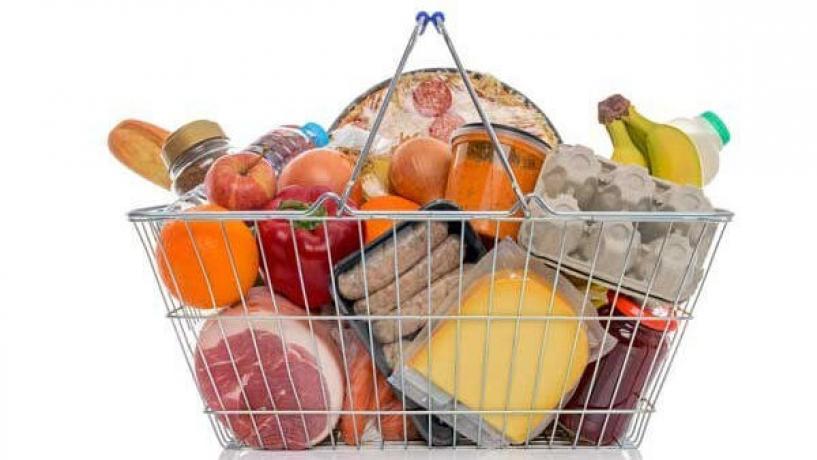Making sure that those who manufacture, transport, sell, and ship your food are observing safe practices when it come to food safety is really only half the battle.
It’s also important to make sure that you and your family are also doing your parts to keep your food safe for consumption. Always make sure to be careful when packing your food, as well as transporting it home.
Knowing the basics of how to select food is also important. Avoid containers such as cans that are dented, swollen, misshapen, or leaking in any way. Other containers should have their integrity preserved as well – no tears, rips, or damaged packaging.
You should also steer clear of any foods that may have been exposed to unsafe temperatures. Don’t purchase frozen food that could possibly have been left out of the freezer section. Only buy prepared or ready-to-eat foods that have been kept at the proper temperatures as well. When in doubt about the quality level of a certain item, refrain from buying it at all.
Some foods are also at a higher risk for contamination than others. For instance, extra special care should be taken with poultry, meat, and fish. Eggs and dairy products are also especially susceptible. Some foods – such as cooked rice, potato, or pasta products – can also present an elevated risk of contamination, especially since many people wrongly think it’s safe to leave such foods sitting out.
Always check the dates on packaging when shopping. Also plan the sequence of your shopping trip in advance. Pick up temperature controlled items like frozen foods or hot ready-to-eat items last in order to reduce the risk of them becoming unsafe. Separate raw meats from produce and dry goods.
Last but definitely not least, never transport groceries home in the boot of your car when the weather is hot. It should be placed in the air conditioned portion of your auto instead.

